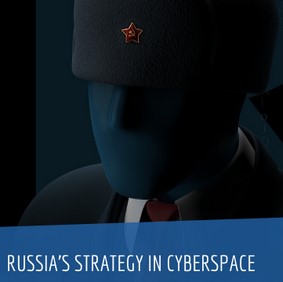Russia's Strategy in Cyberspace
Russia's Strategy in Cyberspace
Author(s): Janne Hakala, Jazlyn Melnychuk
Subject(s): Media studies, Government/Political systems, Security and defense, Political behavior, Politics and communication, ICT Information and Communications Technologies, Peace and Conflict Studies
Published by: NATO Strategic Communications Centre of Excellence
Keywords: Russia's impact in cyberspace; information confortation; national security interests; digital sovereignty;
Summary/Abstract: Headlines connecting Russia to the vague notion of ‘cyber’ have become daily bread for Western publics and decision makers alike. From the damage done by NotPetya or attacks against Ukraine and Georgia, to Russia’s hacking and leaking operations in US and European elections, Russia’s offensive operations are consistent threat. An increasingly important tool in what Russia views as the ongoing “information confrontation,” Russia utilizes cyber operations alongside other military and non-military means to pursue strategic objectives. On the other hand, recent years have seen Russia’s attempts to close and secure its own digital information space. By using a combination of legal and technical means, the Kremlin tries to impose control both over digital infrastructure and content, efforts which are aimed at ensuring independence from the global Internet network and thus enhancing their information security. Russia sees activities in cyberspace as a subset to the all-encompassing framework of ‘information confrontation,’ which is derived from the Russian understanding of relations between states and, more specifically, a subset of the struggle between great powers for influence in the world. According to Russian thinkers, the information confrontation is constant and ongoing, and any means can be used to gain superiority in this confrontation.
- Print-ISBN-13: 978-9934-564-90-1
- Page Count: 42
- Publication Year: 2021
- Language: English
- eBook-PDF
- Table of Content
- Introduction

